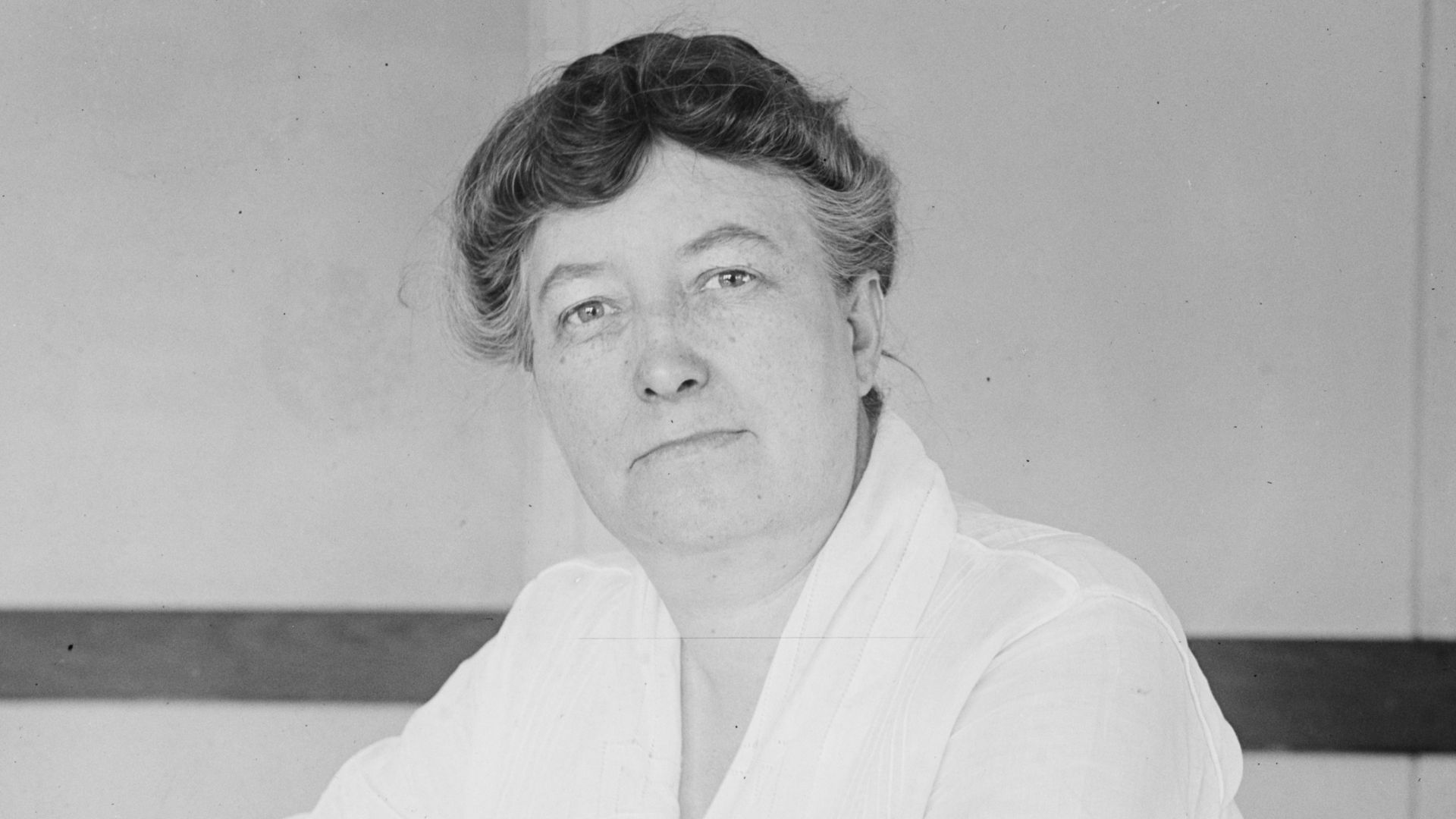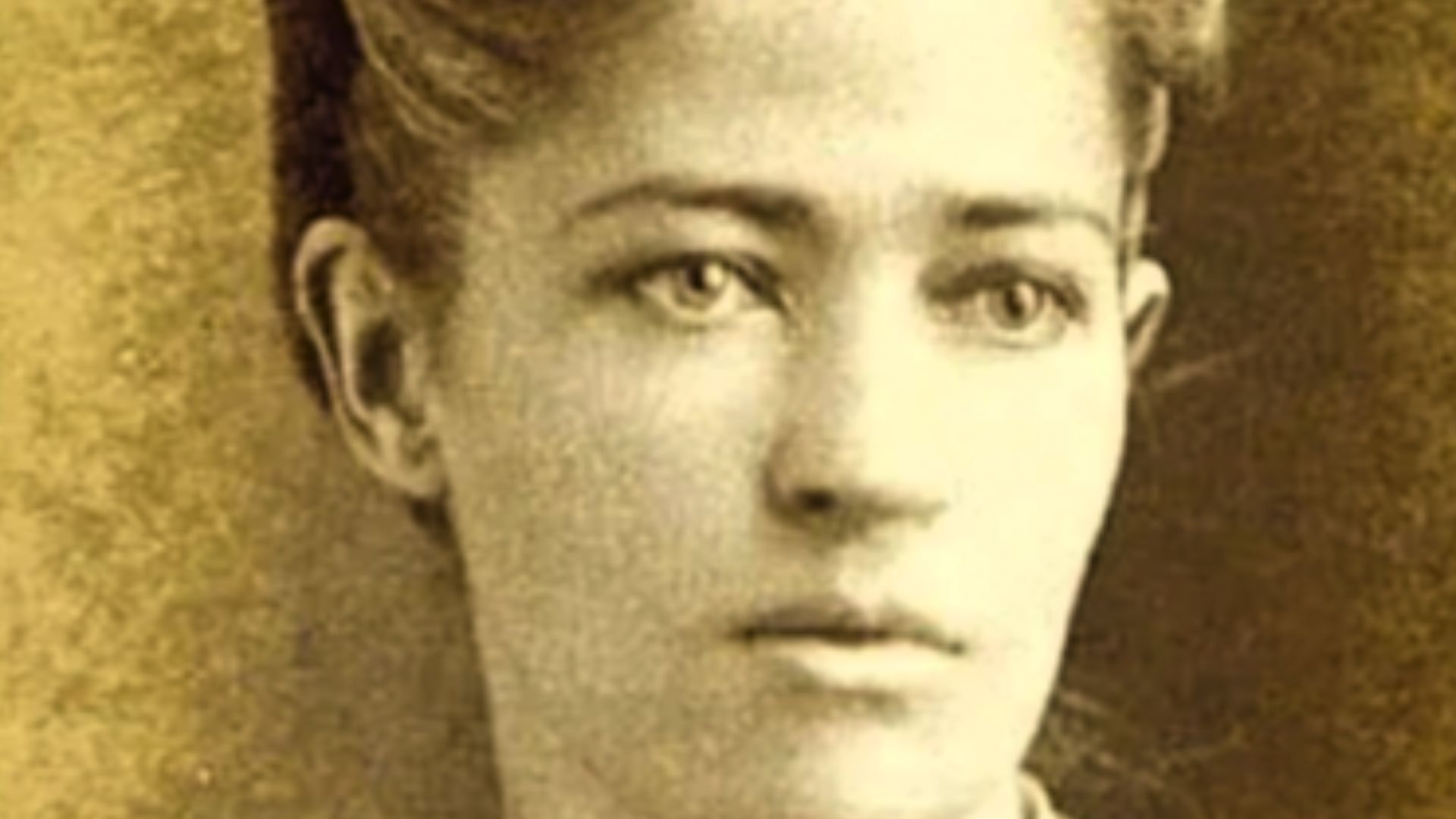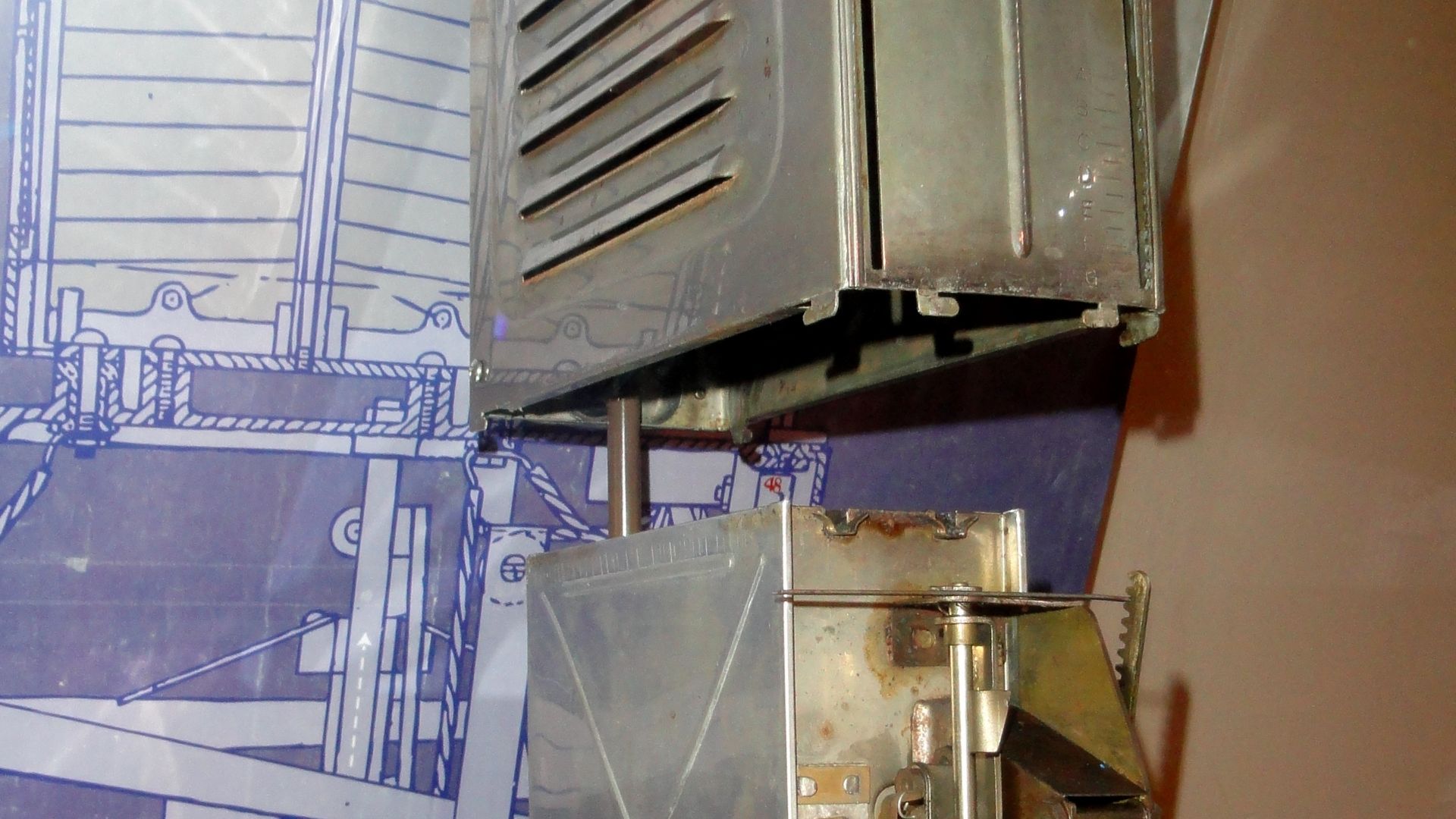20 Little-Known Inventors Whose Inventions We Use Every Day
Anonymous Brilliance In Daily Tools
Every day life is filled with small marvels that we often overlook. Many items feel ordinary, but carry the legacy of someone’s quiet brilliance. Behind these inventions stand individuals whose names rarely surface, but whose ideas have shaped how we live. Their work reminds us that innovation isn’t always about grand gestures. This list explores those lesser-known creators, ensuring their contributions receive the recognition they deserve.
 Charles Loring Elliott on Wikimedia
Charles Loring Elliott on Wikimedia
1. Mary Anderson
In 1903, Mary Anderson patented the first manual windshield wiper, yet car makers dismissed it as unnecessary. Inspired by a snowy streetcar ride, her invention eventually became standard on every vehicle worldwide. Anderson never earned a profit from her practical idea.
 National Photo Company Collection on Wikimedia
National Photo Company Collection on Wikimedia
2. Gideon Sundback
The modern zipper, perfected by Gideon Sundback in 1913, replaced buttons and hooks. His improved design worked smoothly where others failed, revolutionizing clothing and accessories. Zippers enjoyed popularity during World War I when the U.S. military adopted them for uniforms and gear.
 Unknown authorUnknown author on Wikimedia
Unknown authorUnknown author on Wikimedia
3. Josephine Cochrane
Josephine Cochrane changed kitchens in 1886 by patenting the first practical dishwasher. She created it after servants chipped her fine china, and soon hotels adopted the machines. Today, her invention is found in millions of households worldwide, and her company lives on through KitchenAid.
 Unknown authorUnknown author on Wikimedia
Unknown authorUnknown author on Wikimedia
4. Nils Bohlin
While working at Volvo in 1959, Nils Bohlin invented the three-point seatbelt, which now contributes to saving countless lives every year. Before his invention, seatbelts only went across the waist and were unsafe. By 1968, Volvo had made this life-saving innovation free to all.
5. Laszlo Bíró
Noticing how quickly newspaper ink dried led to Laszlo Bíró’s 1938 patent for the first successful ballpoint pen. It was adopted by Britain’s Royal Air Force during World War II. Today, the ballpoint pen is the world’s most common writing tool.
 Unknown authorUnknown author on Wikimedia
Unknown authorUnknown author on Wikimedia
6. George De Mestral
In 1941, after studying burrs stuck to his dog’s fur, George de Mestral turned the idea into Velcro. Today, it’s used in shoes, sports gear, clothing, and even medical devices. NASA helped make it famous in space missions. Its name combines “velvet” and “crochet.”
7. Earl Silas Tupper
Earl Tupper developed reusable food containers in 1946 in Leominster, Massachusetts, using wartime plastic scraps. His design included the iconic “burp” seal. Tupperware spread worldwide, boosted by home sales parties led by women. Even now, these containers remain essential in kitchens worldwide.
 Ibrahim Plastic Industry ( IPI ) on Pexels
Ibrahim Plastic Industry ( IPI ) on Pexels
8. Richard Drew
Working at 3M in 1930, Richard Drew created transparent adhesive tape. His breakthrough later found homes, schools, and offices. During the Great Depression, families used it to repair broken items cheaply. Some people even patched cracked eggshells with it.
9. Alexander Cummings
In 1775, Alexander Cummings patented the S-bend toilet design, a vital advance in sanitation. By blocking foul smells, it transformed modern cities that might otherwise reek of sewer stench. Although common today, at first only the wealthy could afford toilets with this revolutionary feature.
 Point3D Commercial Imaging Ltd. on Unsplash
Point3D Commercial Imaging Ltd. on Unsplash
10. James Goodfellow
James Goodfellow invented the Personal Identification Number (PIN) in 1966, combining a card with a numeric code for secure access. Every ATM and bank card transaction now relies on his work. Despite billions using it daily, he only earned a small bonus and never a major financial reward.
11. Percy Spencer
A melted candy bar in his pocket led Percy Spencer to discover microwave cooking in 1945. His first test was popcorn, which popped instantly. Early microwave ovens were refrigerator-sized and extremely expensive. Today, the microwave is one of the most common kitchen appliances.
12. Eugene Polley
The year was 1955 when Eugene Polley invented the first wireless TV remote for Zenith. Called the “Flash-Matic,” it used a light beam but required precise aiming at sensors. Remote controls are now indispensable for televisions and countless other household electronics.
 Famille d'Eugene Polley on Wikimedia
Famille d'Eugene Polley on Wikimedia
13. Charles Strite
After growing frustrated with burned toast in factory cafeterias, Charles Strite patented the automatic pop-up toaster in 1921. At first, his machines were used mainly in restaurants. By the 1920s, pop-up toasters gained popularity, and today they’ve become a standard breakfast appliance.
14. Walter Hunt
Walter Hunt patented the safety pin, a design that has remained unchanged for more than 170 years, in 1849. Sold for only $400, the patent cost him future profits. Hunt also created an early sewing machine but never patented it.
15. Clarence Birdseye
Inspired by Inuit methods of freezing fish outdoors, Clarence Birdseye patented a fast-freezing process in 1924. His innovation kept food fresher and tastier than older methods. Grocery stores later embraced frozen food sections, and now frozen products are used in nearly every household.
 Unknown authorUnknown author on Wikimedia
Unknown authorUnknown author on Wikimedia
16. Hubert Cecil Booth
Hubert Cecil Booth’s 1901 invention of a motorized vacuum cleaner was so massive that it required horses to move it. Wealthy Londoners hired his “Puffing Billy” by appointment. Over time, smaller household versions appeared, making cleaning easier for everyone.
17. Arthur Fry
What started as Arthur Fry’s search for better hymnal bookmarks became the Post-it Note, co-invented in 1974 at 3M. The adhesive came from Spencer Silver’s failed glue. Simple but effective, Post-its are now a daily essential with billions sold worldwide each year.
18. Peter Durand
In 1810, Peter Durand patented the tin can. Early versions were so thick they required a hammer. Soldiers and explorers relied on canned food for survival, and it’s now a global staple. His idea also led to the modern can opener.
 Butterfly voyages - Serge Ouachée on Wikimedia
Butterfly voyages - Serge Ouachée on Wikimedia
19. John Walker
The first friction match appeared in 1826, thanks to John Walker’s accidental chemical discovery, and matches quickly became essential for lighting stoves, lamps, and candles. Others profited from the invention, and in the 1800s, they were one of the cheapest and most practical household items.
20. Elias Howe
Elias Howe changed clothing production with his 1846 patent for a practical sewing machine. The device made clothes faster to produce and more affordable. Although Howe endured years of legal disputes to protect his patent, his invention endured and remains vital in homes and clothing factories.
 Southworth & Hawes / Albert Southworth / Josiah Johnson Hawes on Wikimedia
Southworth & Hawes / Albert Southworth / Josiah Johnson Hawes on Wikimedia
KEEP ON READING

New Moon, Old Red Paint: A History Of The Chinese…
Ancient Emperors Ate Dumplings. The Chinese New Year is a…
By Megan Wickens Jan 28, 2025
The Biggest Thinkers Of All Time & Their Theories
We're Still Learning From Them Today. From Charles Darwin to…
By Emilie Richardson-Dupuis Jan 29, 2025
20 Wives From History That Are Cooler Than Their Famous…
"Behind Every Great Man, There Is A Woman". Many powerful…
By Megan Wickens Jan 14, 2025
20 Greatest Poets the World Has Ever Known
Beloved Poets of Our Time. There's more to poetry than…
By Christy Chan Jan 14, 2025
From School Plays To Starting A Cult: 20 Of The…
The Books That Made Us. Many people will tell you…
By Farva Ivkovic Jan 31, 2025
20 Facts About Jane Grey, The Forgotten Queen Of England
A Quick, Messy, and Tragic Reign. Lady Jane Grey never…
By Maria Cruz Jan 31, 2025










